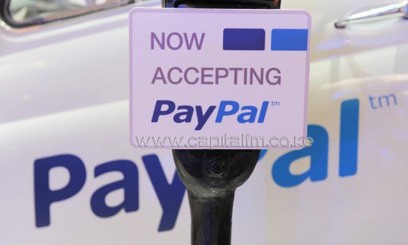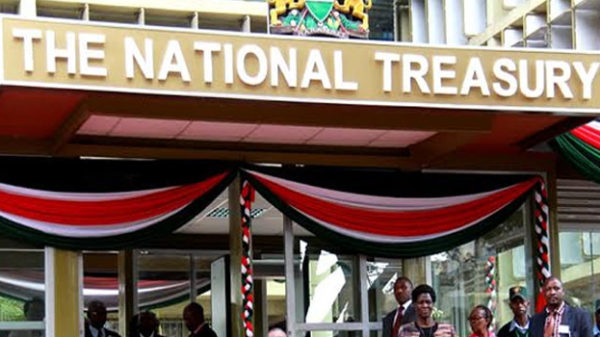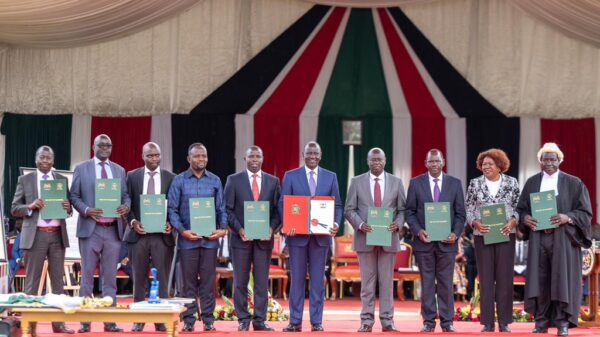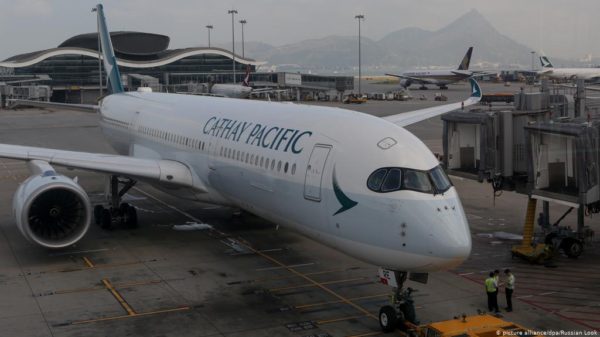
The (Value Added Tax) VAT Bill went through First Reading on Tuesday afternoon to pave way for its debate and subsequent passing anytime this week/FILE
The (Value Added Tax) VAT Bill went through First Reading on Tuesday afternoon to pave way for its debate and subsequent passing anytime this week.
The legislation will also expose Kenyans to hard times ahead, once the prices of essential commodities which had in the past been zero-rated are hit by the taxation.
National Treasury Secretary Henry Rotich has set the stage for round two of a battle his predecessor Njeru Githae lost by including basic commodities in the list of goods that qualify to be charged VAT.
Some MPs have, in the Tenth and current Parliament, said they would oppose any Bill that would have a negative impact on poor households and asked the Treasury to re-examine the Bill, which was first introduced last year, but didn’t go beyond the First Reading.
The Consumers Federation of Kenya (Cofek) which held protests on Tuesday morning saying the controversial bill would not only make life unaffordable to majority of Kenyans but would kill the economy, increase insecurity and diseases.
Cofek Secretary General Stephen Mutoro said that the government will be faced with almost instant realities of low food production and mass food imports, which will deny the country a lot of revenue as well as strangle agriculture related industries that rely on locally produced raw materials.
According to the government, taxing the basic commodities would afford the taxman Sh10 billion more, monthly.
If passed into law, the President, Kenya Defence Forces and all other security officers and the disabled and physically handicapped persons, who previously enjoyed a zero rated status, will now be subjected to taxation.
Reads the Bill: “The following persons lose their zero rate status and will be required to pay VAT: The President, Kenya Defence Forces /or any other service, disabled and physically handicapped persons.”
Most affected could be the Defence Forces Canteen Organisation (DFCO), formerly AFCO, which affords KDF personnel highly subsidised goods.
Also targeted by new taxation would be the disabled and physically handicapped who have been enjoying VAT relief.
Among the list of goods that would be exempt from VAT are unprocessed milk, soya beans, raw groundnuts, live animals, meat, offal, eggs, vegetables, fruits and nuts, cereals and fertilisers.
Nine categories of supplies have been zero-rated, among them the exportation of goods, supply of tea and coffee for export, international passenger flights, the supply of natural water, apart from bottled water by a national or county government and imports by a company exploring for gas or oil.
Also zero-rated would be supplies to Commonwealth and other governments, household and personal effects imported by diplomats or their dependents, which would include one vehicle.
Manufacturers are likely to pass extra costs to consumers, meaning, prices are likely to go up should Parliament pass the Bill in its current form.
Should the proposed Bill become law in the current condition, manufacturers of commodities will have to increase costs to recover money paid to the taxman.
According to the taxman, under the current taxation regime, up to Sh11 billion is lost and thus have to ensure they seal all loopholes.


































